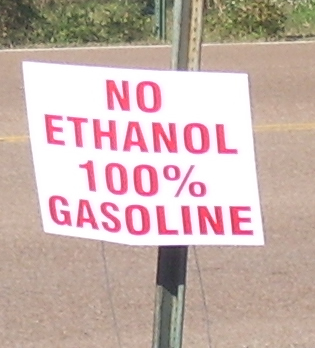Lawn Care is a seasonal business. Luckily for us, there’s money to be made all seasons of the year.
We are in peak leaf raking season. Leaves are still falling off the trees and customers who vowed to wait for all the leaves to fall before doing their raking are calling urgently to get their yards cleaned up before winter sets in.
I have been associated with the lawn care industry since 1992 and it never ceases to amaze me how much money can be made the last two months of the year dealing with customer’s leaves.
I love when prospective customers try to rake their own leaves. Sure, in a small yard the homeowner can deal with the leaves. But, in yards with several sweet gum trees, the volume of leaves can be overwhelming and they call us in as a last attempt to get the leaves handled.
Since they already know what hard work leaf raking is, they don’t put up too much of a fight to pay a premium price to clear their yards once and for all.
Leaf raking season between Thanksgiving and the end of the year is a blessing also because it gives a great chance to boost your bottom line for the year and put some extra spending money in your pocket before Christmas.
We’ve put a video on YouTube giving a couple leaf raking tips if you are using a tarp to haul and dump your leaves, check our video below:
